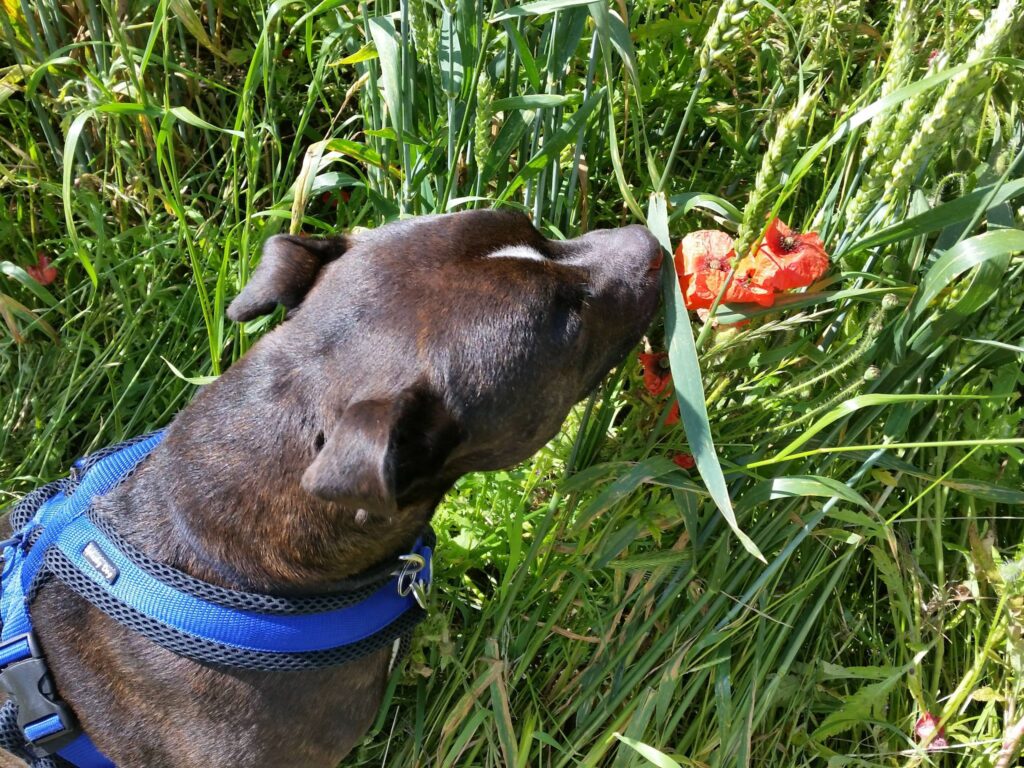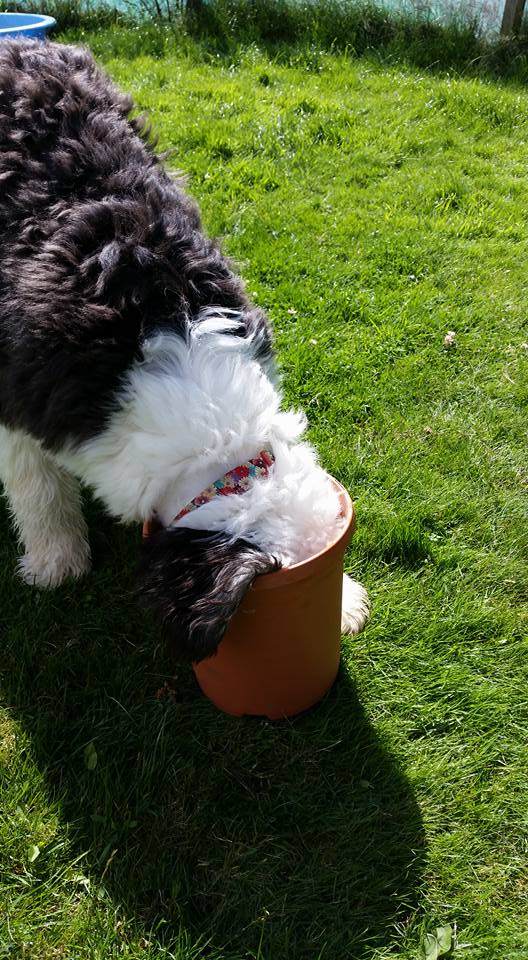
Dale McLelland, Trustee INTODogs
There are numerous Facebook post/blogs and webinars available to both the public and professionals, discussing the ‘best’ way to ‘fix’ a problem behaviour. Hopefully, all of the suggestions would be humane and ethical methods, all discussing the science behind the approaches, what the dog perceives, how to modify, change or otherwise replace one behaviour for another. Clearly, it goes without saying that I have no idea of the methods that may be suggested that don’t fit with my own ethical approach as I do not actively or even passively come across these ‘expert’ opinions but let’s just talk about approaches that should take the experience of dogs into consideration.
On one hand we have the response that it is a natural dog behaviour and as such should not be changed and on the other hand that any behaviour perceived to be annoying or challenging in the eyes of the human is ripe for changing. This gives us a dilemma.

I was talking to a gardener the other day and we discussed the terminology of what constitutes a weed (and therefore unwanted) and what constitutes a plant or flower (and therefore desirable). There is no difference, other than perception. Wildflower meadows are positive, the same plants growing between the slabs in a patio area are weeds that need to be pulled out.
‘Plants which are intentionally grown in fields and gardens are called cultivated plants. All other plants which are not supposed to be there and grow unwanted, are called weeds. A weed is therefore a plant growing “in the wrong place”. Science and plants for Schools (online 2021)
If we apply that to the myriad of behaviours that our dogs display daily, do we only want those that we have cultivated or that fit with our landscape ideas? Are we content with the behaviours that appear in the right place at the right time and only notice those pesky ones that pop up in the wrong place?
When we talk about changing behaviours, we must be careful to select those that should be changed rather than could be changed. To quote Dr Ian Malcom in the 1993 film Jurassic Park ‘ Yeah, but your scientists were so preoccupied with whether or not they could, they didn’t stop to think if they should.’
The benefit to the humans in changing behaviours deemed to be ‘unwanted’ should not be at the expense of the dogs, that is true, but maybe, just maybe our behaviours should also come under the spotlight and could do with a little weeding.
